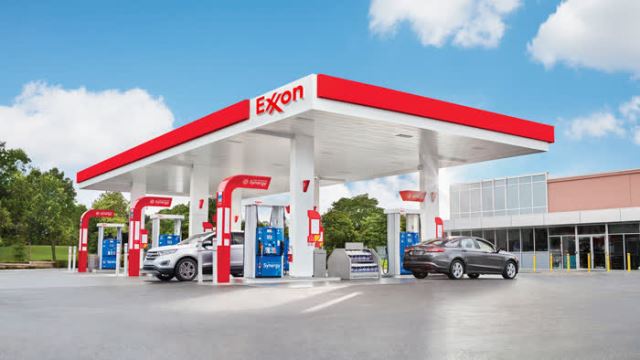ExxonMobil said it is undertaking early front-end engineering design studies (pre-FEED) to determine the potential for carbon capture and storage to reduce greenhouse gas emissions from multiple industries in the Gippsland Basin.
The South East Australia carbon capture and storage (SEA CCS) hub would use existing infrastructure to store CO2 in the depleted Bream field off the coast of Gippsland, Victoria. The company is in discussions with local industries for accessing the SEA CCS hub to reduce emissions from their operations.
The project is designed to capture up to 2 million metric tons of CO2 per year. If technical and business feasibility is confirmed, the SEA CCS hub could be operational by 2025.
“Collaboration with other industries is an important step to unlock future carbon capture and storage opportunities for Australia, with the potential for large-scale reductions in the highest emitting industrial sectors,” said Joe Blommaert, president of ExxonMobil Low Carbon Solutions.

